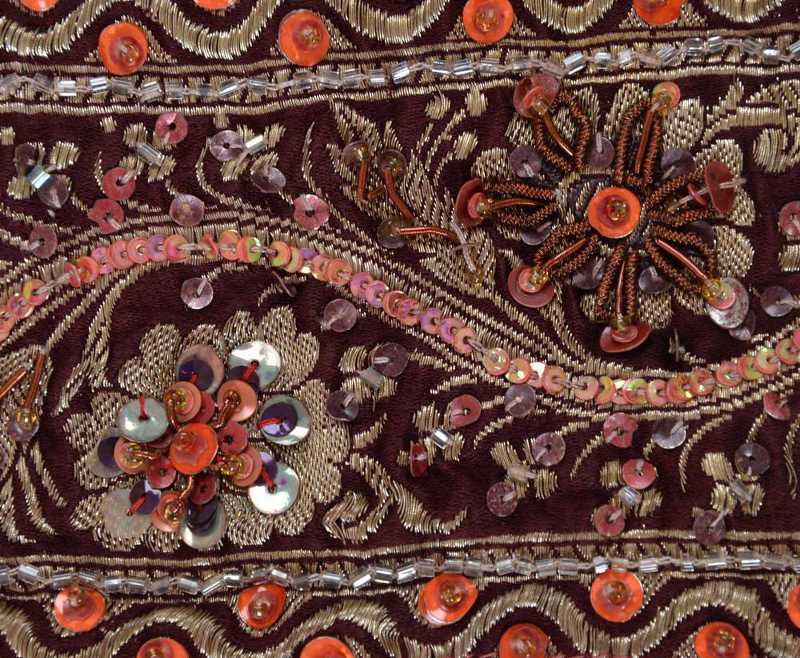===
0330,
7
===

=== |
 |
saiyid ho yaa chamaar ho is jaa vafaa hai shar:t
kab ((aashiqii me;N puuchhte hai;N ;zaat ke ta))ii;N
1a) whether you are a Saiyid or you are a Chamar, in this place faithfulness is the condition
1b) whether there would be a Sayyid or would be a Chamar, in that place faithfulness is the condition
2) in lover-ship, when do we/they ask about caste/tribe/self?!
saiyid : 'A lord, ohief, prince; —any descendant of Mohammad, (esp.) a descendant of Husain (who was the grandson of Mohammad): —the second of the four classes into which Mohammadans are divided; an individual of that class'. (Platts p.710)
chamaar : 'A caste of men who work in leather; a member of that caste; a worker in leather, a currier, a shoemaker, harness-maker; a cobbler; a tanner'. (Platts p.440)
;zaat : 'Essence, substance, nature, radical constituent; soul; body, person, self (i.e. a man's self, or a thing's self); generation, breed, tribe, caste; genus, species; sort, kind'. (Platts p.576)
FWP:
SETS
MOTIFS
NAMES == CHAMAR, SAIYID
TERMS == MOODSRF takes the verse to be very much 'emplaced', and it certainly could be addressed to a familiar person, a tum , with regard to his particular identity (1a). But the grammar is so framed that the verse could also be reimagined as completely abstract (1b)-- as some unknown person's report on the local behavior of people in some particular place. For 'you are' (familiar present tense) could also be taken as 'there would be' (third person future subjunctive); the is jaa could be read as us jaa ; and the subject colloquially omitted in the second line could be construed as 'they'. Thus the effect of detachment and general reflection could be made complete.
But SRF is right to emphasize the main reading, the personalized one. Even apart from its much greater poetic power within the verse, to identify the speaker as a lover (which is the line of least resistance in the ghazal world) itself would require 'this place' and the reading of 'we' rather than 'they' in the second line.
The range of possibilities for ;zaat also works brilliantly (see the definition above). The term can refer to many kinds of caste and tribe groupings, and also to the 'self'. Since the passionate lover's be-;xvudii is his great mystical claim to fame, the rejection of birth-based social identities like Saiyid and Chamar appears as only an early stage on the Sufistic path to self-annihilation. Mir's mentioning as parallel choices what he obviously saw as polar opposite groups has a piquant double effect: it both points to the wide gulf between them, and throws them together as two uninteresting low-level forms of identity that the lovers in 'this place' very quickly transcend. The tone of the second line with its rhetorical question is even indignant-- 'When do we bother about such trivia? (Never, of course!).'
SRF is right to remind us of Ghalib's achievement in G{120,8}. But along the same lines, a much more compelling verse is
G{204,7}.